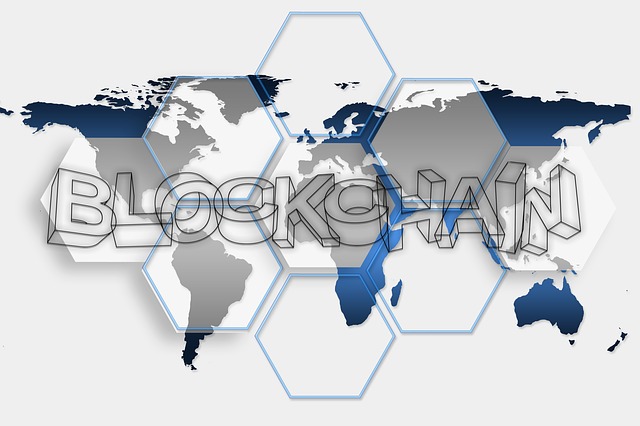Bangkok Bank and Commerzbank run international trade transaction on Marco Polo blockchain network
Two banking members of blockchain trade finance initiative Marco Polo – Bangkok Bank and Commerzbank – have jointly executed an international trade transaction using distributed ledger technology (DLT).
 Launched in 2017, Marco Polo, which counts over 20 banks from across the globe as its members, leverages R3’s Corda blockchain technology and the TradeIX distributed trade finance platform to enable members to offer to their customers new solutions, facilitate easier integration and significantly reduce response-time in transactions.
Launched in 2017, Marco Polo, which counts over 20 banks from across the globe as its members, leverages R3’s Corda blockchain technology and the TradeIX distributed trade finance platform to enable members to offer to their customers new solutions, facilitate easier integration and significantly reduce response-time in transactions.
In the latest transaction, German specialty glass manufacturer Schott and Thai packaging manufacturer A.P.A. Industries participated in the capacity of exporter and importer, respectively.
The transaction involved supply of glass tubes from Schott to A.P.A. Industries. The order and delivery data were agreed between the companies via the Marco Polo network and payment was secured by a conditional payment commitment from Bangkok Bank, the buyer’s bank.
According to the official release, the entire flow of information was mapped via R3’s Corda DLT platform in an efficient and comprehensible manner. Through specially set up digital nodes, all the four involved parties were able to communicate and view trading data simultaneously.
“We are very pleased to have partnered with our client Schott in this pilot, handling an international trade transaction between Germany and Thailand via DLT-based technology. These transactions prove how relevant DLT will be for German SMEs and the export industry”, says Enno-Burghard Weitzel, head of product management trade services at Commerzbank AG.
Trade IX’s DLT platform helps address the shortcomings of the traditional paper-based processes and offers opportunities to make trading easier and faster.
Commerzbank said that following the second successful pilot project, the focus is now on the complete mapping of transactions via the Marco Polo network with direct connection to the customer’s existing supply chain management systems (ERP integration).
“It is planned to expand the network with additional banks and participants from the transport and insurance industries in order to map the entire value chain in the foreign trade business,” the release said.


